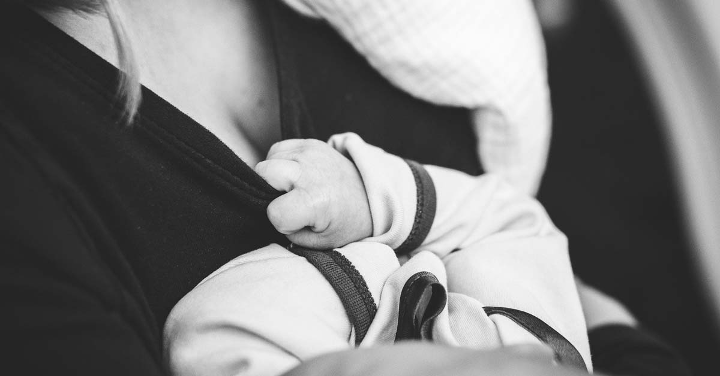Breastfeeding during Coronavirus
What you need to know about breastfeeding during the spread of Coronavirus
If you are due to have a baby soon or are currently breastfeeding, chestfeeding, or bottle-feeding an infant, you likely have a lot of questions about how to and keep them safe. While there are still plenty of unknowns about COVID-19, the CDC has released guidelines with best practices for parents who are nursing. Here’s what you need to know:
If you are an asymptomatic lactating parent:
If you are currently nursing and do not have any signs of infection, Dr. Jon Sarnoff of Premier Pediatrics and founder of The First Month says that you should continue feeding your baby normally. “The asymptomatic breastfeeding parent should take comfort in the fact that nothing needs to change,” he says. “They should remain vigilant about hand hygiene and carry on.”
Continue to protect yourself by following CDC guidelines, including avoiding close contact with sick people, not touching your face, washing your hands, practicing social distancing, and disinfecting frequently touched objects and surfaces regularly.
If you are diagnosed with (or suspect you have) COVID-19:
Currently, the CDC provides interim guidance on breastfeeding for parents who either have COVID-19 or are suspected to have the disease. Unfortunately, there have only been limited studies of breastfeeding women with COVID-19 so far. In these studies, the virus was not detected in breast milk. However, at this time, it is not known whether transmission through breast milk ever is possible.
“Much is unknown about COVID-19” says the CDC. “Whether and how to start or continue breastfeeding should be determined by the mother in coordination with her family and healthcare providers.”
If you have or believe you have COVID-19, you should do everything you can to avoid spreading the virus to your baby. This includes:
- Washing your hands before touching your baby
- Wearing a face mask, if available, while feeding. If a face mask is not available, consult your pediatrician.
- If expressing breast milk via a breast pump, you should wash your hands before touching any pump or bottle parts. Follow recommendations for proper pump cleaning after use.
“If you have a cough and fever, you should express your breast milk and feed your baby from a bottle,” says Dr. Sarnoff. “Although there is no evidence that the coronavirus is passed into breast milk, the main concern is that you might pass on the virus, or any other respiratory virus, through prolonged intimate contact such as breastfeeding.”
According to ACOG’s guidelines on managing pregnant patients during COVID-19, it is rare that breastfeeding or feeding expressed breast milk will not be recommended. ACOG recommends that each parent discusses with their health care provider about whether to start or continue breastfeeding.

Making the best choice for your family:
It’s normal to feel anxiety about COVID-19 and making the safest choices to protect yourself and your family. But know that you don’t have to go it alone. Consult your pediatrician and primary care physician, and know that boober is here to provide assistance and support during this stressful time. In addition to in-person Lactation Support, we can now match to Lactation Professionals and Mental Health Therapists for a virtual visit. Book here.
Breastfeeding parents, don’t hesitate to reach out to us with any questions or concerns. Text us at 833-266-2371 with any questions or concerns. Our team is ready to help.
The information provided within this blog post is for general informational purposes only. This post is not meant to be used, nor should it be used, to diagnose or treat any medical or birth-related and breastfeeding-related conditions. For medical issues, consult your own physician, pediatrician or lactation consultant.